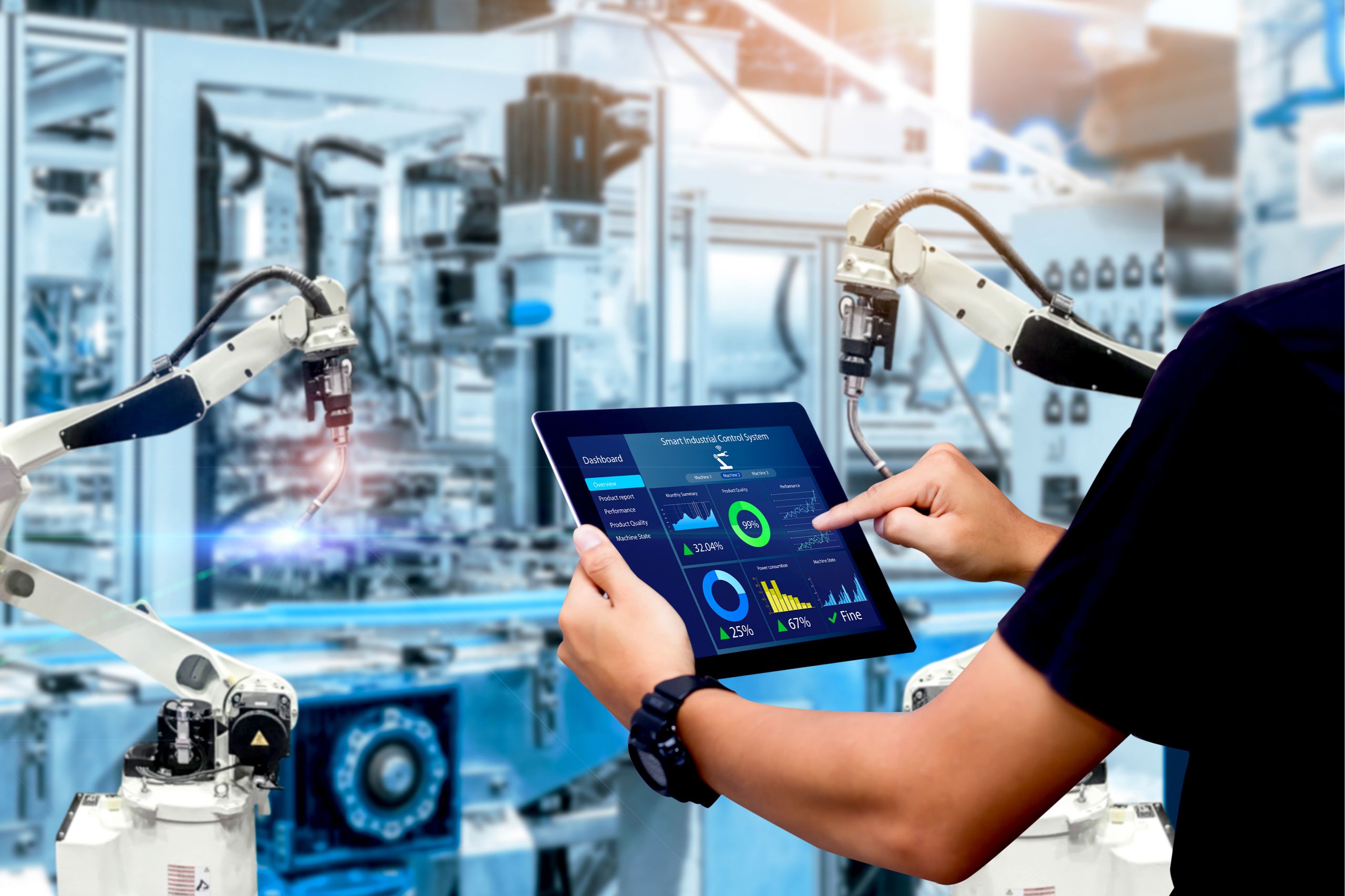In recent years, robotics has revolutionized the manufacturing industry by increasing efficiency and precision in production processes. This technology has allowed companies to automate repetitive tasks, improve quality control, and optimize resource management. In this article, we will explore the role of robotics in manufacturing and how it is reshaping the industry as we know it.
The Rise of Robotics in Manufacturing
The use of robotics in manufacturing has been steadily increasing over the past few decades. With advancements in technology, robots have become more sophisticated and capable of performing a wide range of tasks with precision and efficiency. Companies are now utilizing robotics to streamline production processes, reduce costs, and improve overall productivity.
Improving Efficiency
One of the main benefits of incorporating robotics into manufacturing is the significant improvement in efficiency. Robots are able to work around the clock without the need for breaks, resulting in continuous production and faster turnaround times. This increased efficiency allows companies to meet customer demands more effectively and stay ahead of the competition.
Enhancing Precision
Robots are also known for their precision in performing tasks that require accuracy and consistency. With advanced sensors and programming, robots can complete intricate operations with minimal margin for error. This level of precision ensures that products are manufactured to exact specifications, leading to higher quality standards and customer satisfaction.
Streamlining Production Processes
By automating repetitive tasks, robotics help streamline production processes and reduce the likelihood of human error. This results in a more efficient workflow and faster production cycles. Additionally, robots can handle dangerous tasks that may be hazardous to human workers, creating a safer work environment overall.
Optimizing Resource Management
Another advantage of robotics in manufacturing is the ability to optimize resource management. Robots can be programmed to use materials more efficiently, reducing waste and cutting down on production costs. By maximizing resource usage, companies can increase profitability and sustainability in the long run.
The Future of Robotics in Manufacturing
As technology continues to advance, the role of robotics in manufacturing will only become more prominent. With the rise of artificial intelligence and machine learning, robots are becoming even more capable of adapting to new challenges and tasks. The future of manufacturing will be driven by robotics, leading to increased efficiency, precision, and innovation in the industry.
In conclusion, robotics has proven to be a game-changer in the manufacturing industry, offering numerous benefits in terms of efficiency and precision. By incorporating robotics into production processes, companies can streamline operations, improve quality control, and optimize resource management. The future of manufacturing is bright with robotics at its forefront, reshaping the industry for years to come.
